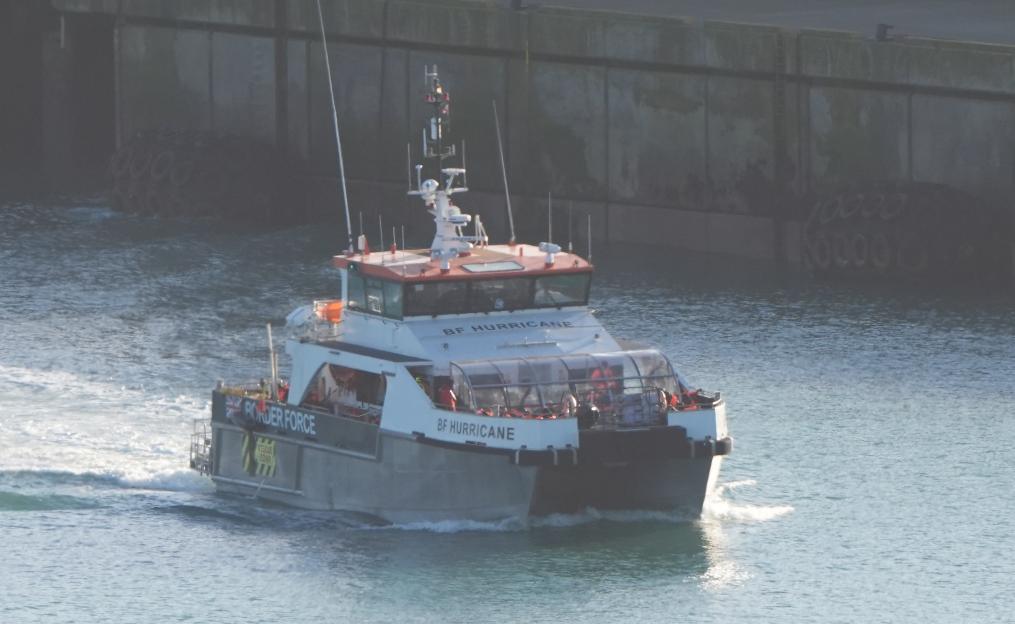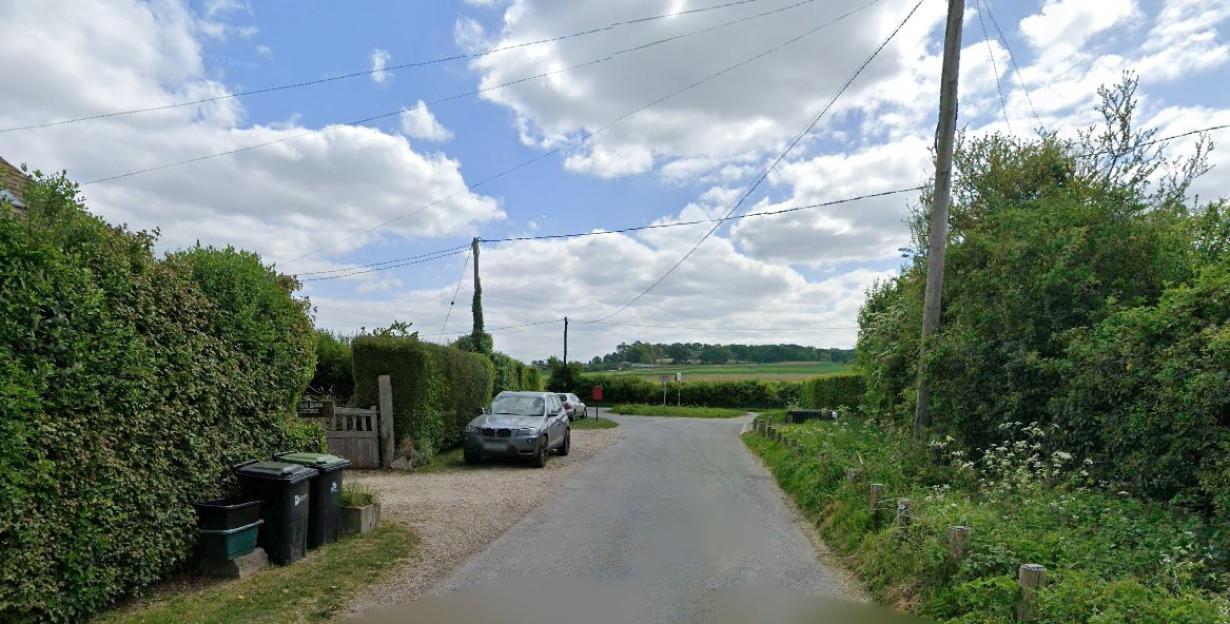While Atlantic Canadians have been in a relatively good position during the global pandemic, a couple in Halifax knows all too well how dire the situation can be.
Elder Koch and Fabiane Luckmann, who moved to Canada from Brazil four years ago, are watching developments in their homeland with concern â and with a warning.
“Most of the people here in Canada, they don’t realize how bad the situation is down there,” Koch said.
“It’s good for people to be aware it’s right across your door. It’s easy to get the virus, it’s around us.”
Read more: COVID-19 surges across the globe as countries report new records
The couple hails from Porto Alegre, a city of 1.5 million in southern Brazil.
“Since I was a teenager, my dream always was to live in Canada,” Koch explained.
So in 2014, the two began researching the country in earnest and saving money. They had no pre-conceived ideas about which province they would settle in, and left it up to good old-fashioned Google.
“Our first decision was Winnipeg but because the weather is too cold there, we decided to look (at) more cities, more provinces from Canada,” said Luckmann, with a laugh.
“And we found Halifax.”
The couple says aside from Halifax's mild weather, the region's beaches and lakes attracted them. So they took a leap of faith.
Thanks to an immigration pilot project that launched in Atlantic Canada in 2017, the two arrived in Halifax and found jobs, while also studying.
In March of last year, they decided to fly home to Brazil to celebrate the 70th birthday of Koch's mother.
The moment they arrived in mid-March 2020, they knew things were not going well. COVID-19 was beginning to take hold around the world and international borders were closing up.
“That’s the point the pandemic and everything got us,” Koch said.
His return plane ticket to Nova Scotia was for March 19, and he made it just in time.
“I took the chance and my flight was confirmed and I got to Canada. I remember when I got here I had printed all my pay stubs, our mortgage statement, the statement of our loan for our car, everything,” he recalled.
“When I arrived in Halifax, I showed the immigration officer. ‘You need to let me in. I have all those bills to pay. I have a job here.' And the guy was pretty nice with me and he let me in.”
Luckmann was scheduled to fly out on April 4, but her flights would end up being cancelled four times.
She was left stranded in Brazil for two months as the pandemic ramped up and travellers around the world were scrambling to get back to Canada. “I’m there with my family but without my husband and I have a job here,” she recalled, saying how emotional and worried she was.
To complicate matters, the couple was in the middle of their permanent residency application and it depended on Luckmann returning to Canada to finalize their paperwork.
“It was something that we were not expecting but things developed so fast. She got stuck there and we were talking every day. The situation was ramping up and she was losing her hope to come back to Canada,” Koch said.
After multiple attempts, the couple eventually booked Luckmann on another airline. She flew from Brazil to the U.S. via Houston and Detroit, and then to Toronto.
At that point, Koch boarded a plane to Toronto to rent a car and drive her home, along with their dog who had made the trip from Brazil.
In the year since then, the couple has received their permanent residency, and they've watched the vast differences in how their new country and homeland have approached COVID-19.
While Atlantic Canada enjoyed a relatively normal summer last year, Brazil's daily death tolls are in the thousands. Koch says a lack of science-based leadership is what concerns him the most.
”;It’s not easy when you’re far away from your family and you don’t have anything to do to try and help them, especially because during COVID, everyone is trying to take care of themselves,” he said.
He recently lost a high school friend to the virus, and says it's been hard to feel a sense of “relief” in Canada because he's so concerned about his family and friends in Brazil.
Luckmann echoes that sentiment, saying she tries to avoid the topic of the pandemic altogether when talking to her family members.
“With my mom, I’m not talking too much about this because she's old and we talk about positive things,” she said.
The couple is realistic about their situation. They know they will likely not see their family or visit Brazil anytime soon, and are waiting eagerly for their turn to get vaccinated.
Read more: Nova Scotia shuts down border to 7 provinces as COVID-19 cases increase
More importantly, the two say they are keenly aware of how quickly case numbers can change, and don't take their position in Atlantic Canada for granted.
In the time since this interview was conducted one week ago, the re-opening of the Atlantic Bubble has been delayed, and Nova Scotia just announced it is restricting its borders to provinces outside of Newfoundland and P.E.I. amid growing cases.
“Even with our control now here in Canada, here in Atlantic Canada most specifically, we need to be aware that the virus is out there,” Koch said.
“We need to be aware of that and try to do our due diligence to take precautions not to get the virus.”;




